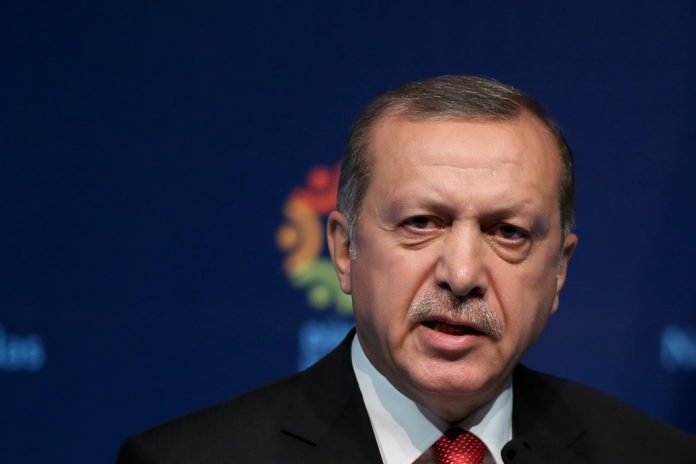Turkey’s central bank announced on September 13 that its one-week repo rate had been lift to 24% from 17.75% – the first rate hike since June. The bank’s monetary policy committee explained that further tightening will be delivered, if needed.
As reported by Deutsche Welle (DW), Germany’s international broadcaster, the news triggered a 5% rise in the Turkish lira’s value against the US dollar, reversing its 42% fall this year.
“This was 300 basis points more than expected so we are very surprised,” Win Thin, Global Head of Emerging Markets at Brown Brothers Harriman, told DW. “This is the first time in recent memory that Turkey has delivered a hawkish surprise.”
Turkish President Recep Tayyip Erdogan has railed against interest rates as “the mother and father of all evil” and believes that high rates lead to high inflation. However, most economics suggest the opposite.
“We cannot allow the use of the tool of exploitation that is interest rates,” Erdogan told a meeting in Istanbul on September 13. He added that the lira was experiencing “fake volatility,” repeating his view that the currency’s fall was part of a foreign plot and the result of an economic war.
“As of today, I have not seen the central bank fix inflation rates as they promised,” added Erdogan. “There has been no change in my sensitivities on the issue of interest rates. The central bank is independent and makes its own decisions.”
In an interview with DW, Esther Reichelt, a forex strategist at Commerzbank in Frankfurt, said: “Erdogan’s comments clearly show that he does not support this and it becomes much more difficult, if not impossible, for the Turkish central bank to tighten enough to stabilize the lira and get inflation under control. Against this background, the lira’s reaction is still surprisingly limited in my opinion. The lira crisis seems to be far from over.”

